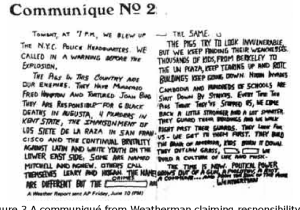This book, White Trash: The 400-Year Untold History of Class in America, is an eye-opening account of the long and often overlooked history of class discrimination in the United States. In this comprehensive narrative, author Nancy Isenberg dives into the forgotten lives of poor whites, from indentured servants to “hillbillies”, providing us with an understanding of how class has impacted our country since its inception. With her extensive research and attention to detail, Isenberg paints a vivid picture of what life was like for those on the lower end of the spectrum throughout American history.
The book begins by tracing the origins of “white trash” from European settlers all the way through to early 20th century America. Isenberg emphasizes how prejudice against poor whites has been a major factor in shaping societal norms and values. She also looks at how language has been used as a tool to oppress certain classes and how social mobility has been hindered by racism and other forms of discrimination. Throughout these accounts, she provides an insightful analysis on how poverty can have devastating effects on individuals and society as a whole.
In addition to exploring the long-term consequences of class inequality, Isenberg offers potential solutions for improving economic equality. She examines different approaches such as introducing a universal basic income and creating incentives for employers to hire workers from low-income backgrounds. This book is essential reading for anyone looking to gain a better understanding of our country’s complex economic reality.
Overall, White Trash: The 400-Year Untold History of Class in America is an informative and thought-provoking read about one of the most important yet overlooked topics in American history. Through Isenberg’s skillful storytelling, readers will gain insight into why class distinctions remain so deeply entrenched in our nation’s culture today. Next up is to discuss what needs to be done to reduce inequality and create a more equitable society for all.

